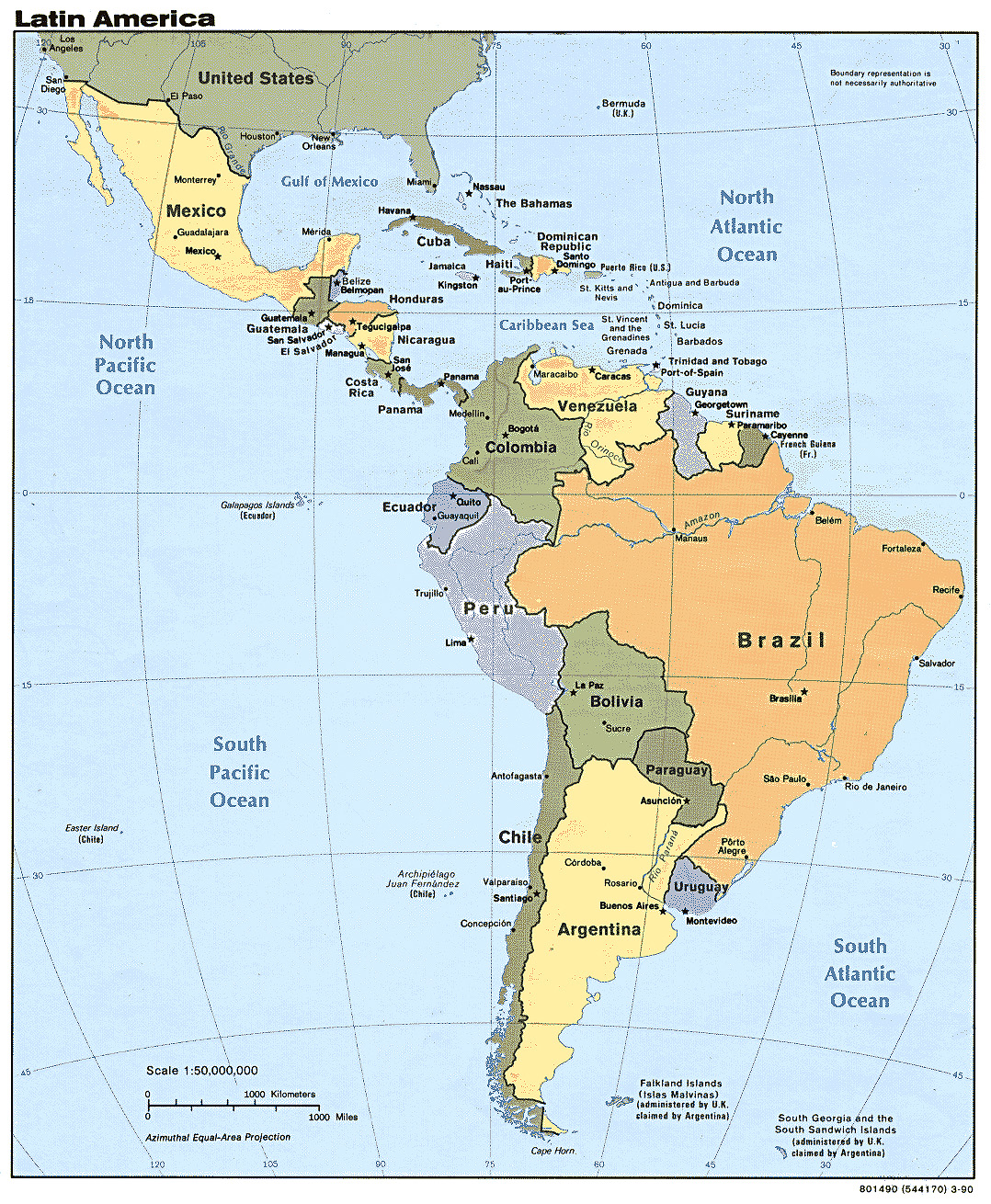Some of the commonly asked questions include: why do we target sexual education towards young children when sexually active adults are the ones at risk, are widespread protective behaviours realistic, given that sexuality is so deep seated, are women infected more than men, and does poverty have a correlation towards sexual diseases?
According to documentation written by David Plummer, the UNESCO Chair in Education (HIV/AIDS), the sexual debut before 15 goes as follows: one quarter of 15-29 year-old women in Barbados, just over 30% of young men and around 12% of young women in Guyana, 63% of young men and over 37% of young women in SVG, and 28% of young men and 12% of young women in Haiti.
With regards to the impact of sexually transmitted diseases, Plummer states, “HIV infection was found to be six times higher among 15–19 year-old females than among males of the same age in Trinidad and Tobago, women under 24 years were almost twice as likely to be HIV positive than among males of the same age in the Dominican Republic, teenage girls were found to be two-and-a-half times more likely to be HIV-infected, compared to their male counterparts in Jamaica.”
Many people believe that severe action needs to be taken with regards to preventing these serious diseases from continuously spreading from generation to generation. Ideas of action have been brought to the attention of the UNESCO, specifically by David Plummer, to continue there pursuit in this battle. Some of these proposals are:
- The curricula needs to be revisited and adjusted to ensure adequate HIV focus
- Additional HIV content should be added to school curricula
- Further attention should be directed to extracurricular, informal and peer-based education settings
- Social dimensions that provide to entrench HIV (e.g. peer group dynamics, gender roles, stigma and discrimination) should be addressed
- HFLE needs professionalising and solid academic foundations
- There should be constant reinforcement towards the prevention of HIV/AIDS and other sexually transmitted diseases
